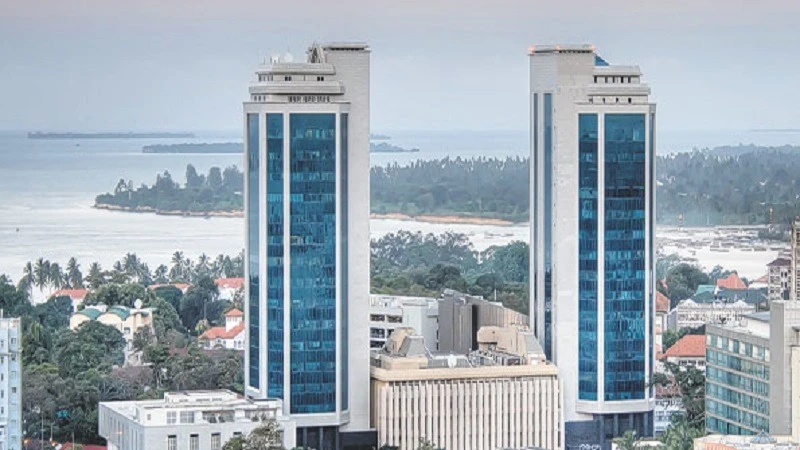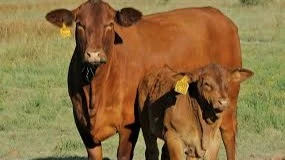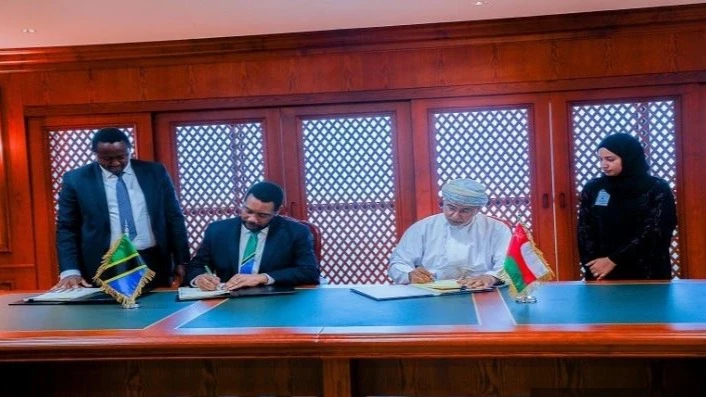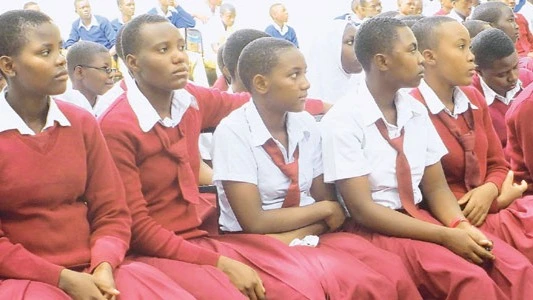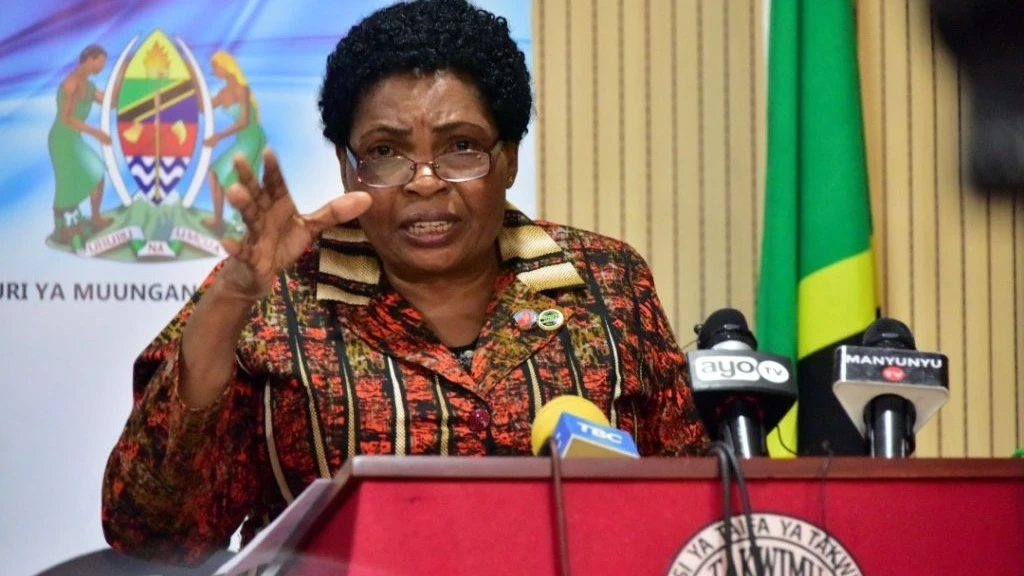World beekeeping forum attests to the recognition of our horticulture
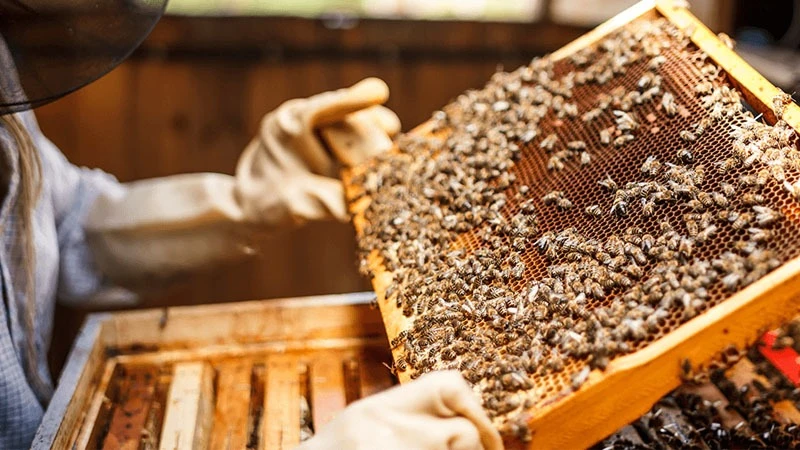
ACCOMMODATION industry stakeholders in Tanzania must have started to count their chickens in the northern tourism circuit as more than 10,000 local and international visitors are expected in September 2027 for a global beekeeping forum.
This sort of picking conference venues is like organising a major sports event of regional or intercontinental proportions, where the venue is chosen early to allow time for exhaustive preparations.
The northern tourism circuit could be easily described as the nerve centre of Tanzania’s horticulture industry. The bees aren’t found in abundance in the particular circuit, while the bee zone lacks the organisation and auxiliary attractions to pull the thousands of local and foreign visitors expected.
Behind the planned ‘summer tourism conference’ is the International Federation of Beekeepers’ Associations (APIMONDIA) – without doubt in collaboration with their Tanzanian counterparts, whoever they may be. We shall be hosting a wholesome mixture of beekeeping stakeholders from 133 countries.
Global and national strategies as to what is expected to be achieved at the conference are still on the drawing board, but it is reported that delegates will include high-profile beekeepers, honey processors, aggregators, scientists, traders and large consumers.
The Natural Resources and Tourism, who is overseeing preparations for the big-time event, said lately that it will be key to opening new opportunities for our country’s beekeeping sector.
Importantly, we should already be learning issues on beekeeping as well as other newly fangled export industries or lagging behind.
It may be that we are fine but, even then, we need to improve in various areas – at least to prove that it was not by mistake that we were selected to host the September 2017 conference.
Immense focus has been placed on the number of tourists as a considerable input to our economy, as hosting the world’s biggest beekeeping gala means a lot and we ought to capitalise on all that at least for the good of the subsector.
It is said that Tanzania was chosen to host the event courtesy of the fact that its beekeepers have perfected the art of honey harvesting, employing techniques ensuring bountiful harvest and prioritising the safety of bees. That is a running success story all over.
Other reasons cited for hosting the conference are good hive management, beekeeping training and education, beehive construction and creating harmony where beekeepers and conservationists unite.
The Selous Game Reserve (including the part that now forms Nyerere National Park) is described as having the same surface area as Germany, arguably Europe’s biggest economy.
It would be interesting translating that observation in terms of the potential productivity of the beekeeping sector – which, indeed, significantly applies with respect to tourism itself.
Tanzania is second only to Brazil globally in tourist attractions but, ironically, nowhere near the top ten global destinations. We need to turn things around fast – AND WE CAN make it.
Top Headlines
© 2024 IPPMEDIA.COM. ALL RIGHTS RESERVED









